Is British history something to be proud of?
A sharp fall in the number of people praising our past might not be a bad thing
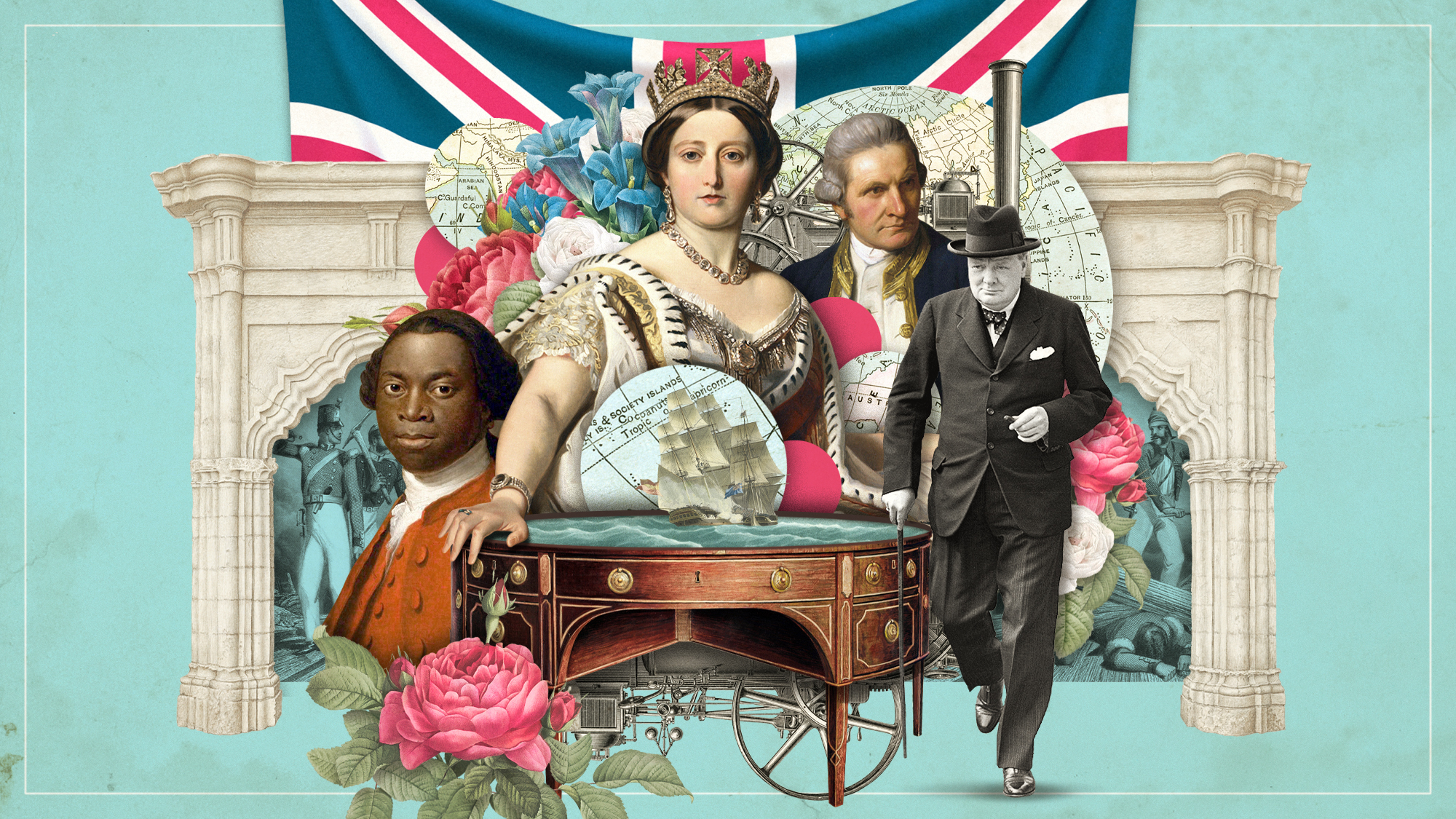
A free daily email with the biggest news stories of the day – and the best features from TheWeek.com
You are now subscribed
Your newsletter sign-up was successful
Pride in Britain's history has declined at a "startling" rate, said Philip Johnston in The Daily Telegraph, according to "depressing" findings in this year's British social attitudes survey. According to the poll, only 64% of people are "proud" of Britain's past – a drop from 86% a decade ago and the lowest since 1995, when the question was first asked.
In addition, reported the London Evening Standard, 53% were proud of Britain's democratic system, down from 69% in 2013, and only 44% said they were proud of its economic achievements, "a fall from 57% in 2013".
The generation game
Factors, including a greater emphasis on diversity and inclusion, economic stagnation and the impact of Brexit were cited as reasons for shifting attitudes towards British history.
The Week
Escape your echo chamber. Get the facts behind the news, plus analysis from multiple perspectives.

Sign up for The Week's Free Newsletters
From our morning news briefing to a weekly Good News Newsletter, get the best of The Week delivered directly to your inbox.
From our morning news briefing to a weekly Good News Newsletter, get the best of The Week delivered directly to your inbox.
Researcher Alex Scholes from the National Centre for Social Research, which conducted the survey, also highlighted the loss of the Second World War generation, with fewer people alive who had fought or lived through the conflict. "It definitely has an impact," he said.
However, for Johnston in The Telegraph, there was only one answer for the decline: the rise of "Left-wing circles" that have "hammered away at our history for years, leaving it a bloodied wreck". Because of this, Britons are no longer allowed to "praise" the Navy's role in ending the slave trade or "marvel" at the country's role in the Industrial Revolution.
Reform MP Nigel Farage, speaking on his GB News show, agreed. A "Marxist takeover of people who hate the country" is behind the "really extraordinary" fall in national pride. Britain's education establishment "from primary school to university" appears to "rejoice in talking down Britain’s past".
An overdue reckoning
Yasmin Alibhai-Brown for the i news site said those angry at the survey should: "Calm down dears" as "Blighty" wasn't finished yet. Britons are now questioning their past, and "questions lead to curiosity and creativity". Much of what Britons had learnt was based on "fake histories – as bad as fake news" and the survey results merely show a "vital, long-overdue reckoning with truth and change".
A free daily email with the biggest news stories of the day – and the best features from TheWeek.com
Indeed, added Helen Coffey in The Independent, such has been the transformation of society over the last ten years that not even the allegations surrounding "Strictly Come Dancing" – "a symbol of Britishness on a par with scones, Paddington Bear and the royal family" – surprised her. With all the political, royal and celebrity scandals, it was understandable that pride in the country has fallen.
When it comes to British history, however, there were "obvious triumphs" that should not be forgotten, such as the country uniting "to defend freedom against fascism" during the Second World War. It may be that it is not Britain's history people have turned against, but the "jingoism" around it that is used by some as "a flimsy cover for racism". In which case, the fact Britons no longer "brag about our history" is a good sign. The proportion who think it is important to be born in the country to be "truly British" has fallen from 74% in 2013 to 55%. "If racism, prejudice and xenophobia really are on the wane – well, that really is something to be proud of".
Elizabeth Carr-Ellis is a freelance journalist and was previously the UK website's Production Editor. She has also held senior roles at The Scotsman, Sunday Herald and Hello!. As well as her writing, she is the creator and co-founder of the Pausitivity #KnowYourMenopause campaign and has appeared on national and international media discussing women's healthcare.
-
 How the FCC’s ‘equal time’ rule works
How the FCC’s ‘equal time’ rule worksIn the Spotlight The law is at the heart of the Colbert-CBS conflict
-
 What is the endgame in the DHS shutdown?
What is the endgame in the DHS shutdown?Today’s Big Question Democrats want to rein in ICE’s immigration crackdown
-
 ‘Poor time management isn’t just an inconvenience’
‘Poor time management isn’t just an inconvenience’Instant Opinion Opinion, comment and editorials of the day
-
 Disney bets big on AI, but not everyone sees a winner
Disney bets big on AI, but not everyone sees a winnerTalking Points The company will allow users to create their own AI content on Disney+
-
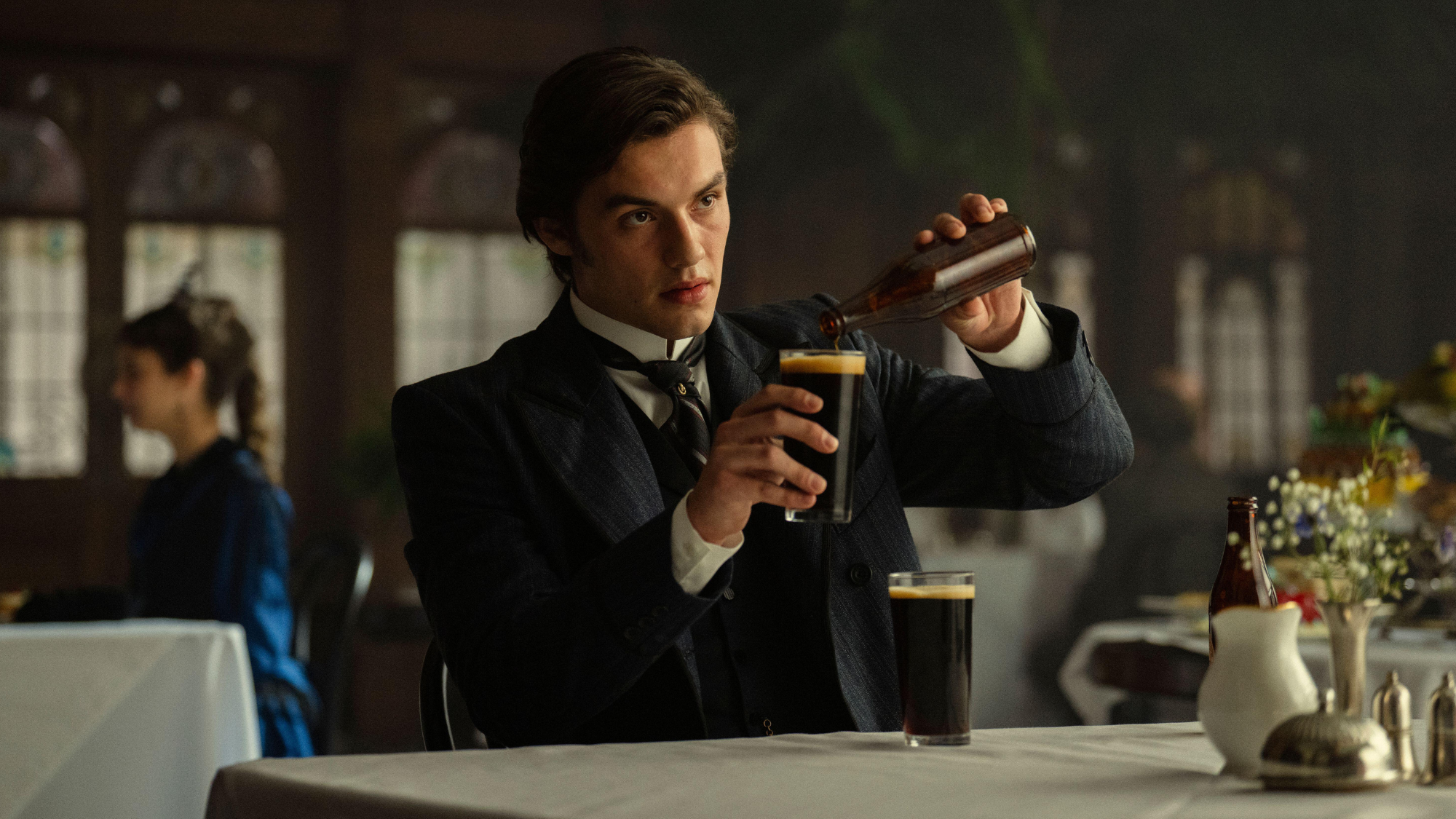 How historically accurate is House of Guinness?
How historically accurate is House of Guinness?In the Spotlight The glossy Netflix show about the family behind the world-famous stout mixes fact with fiction
-
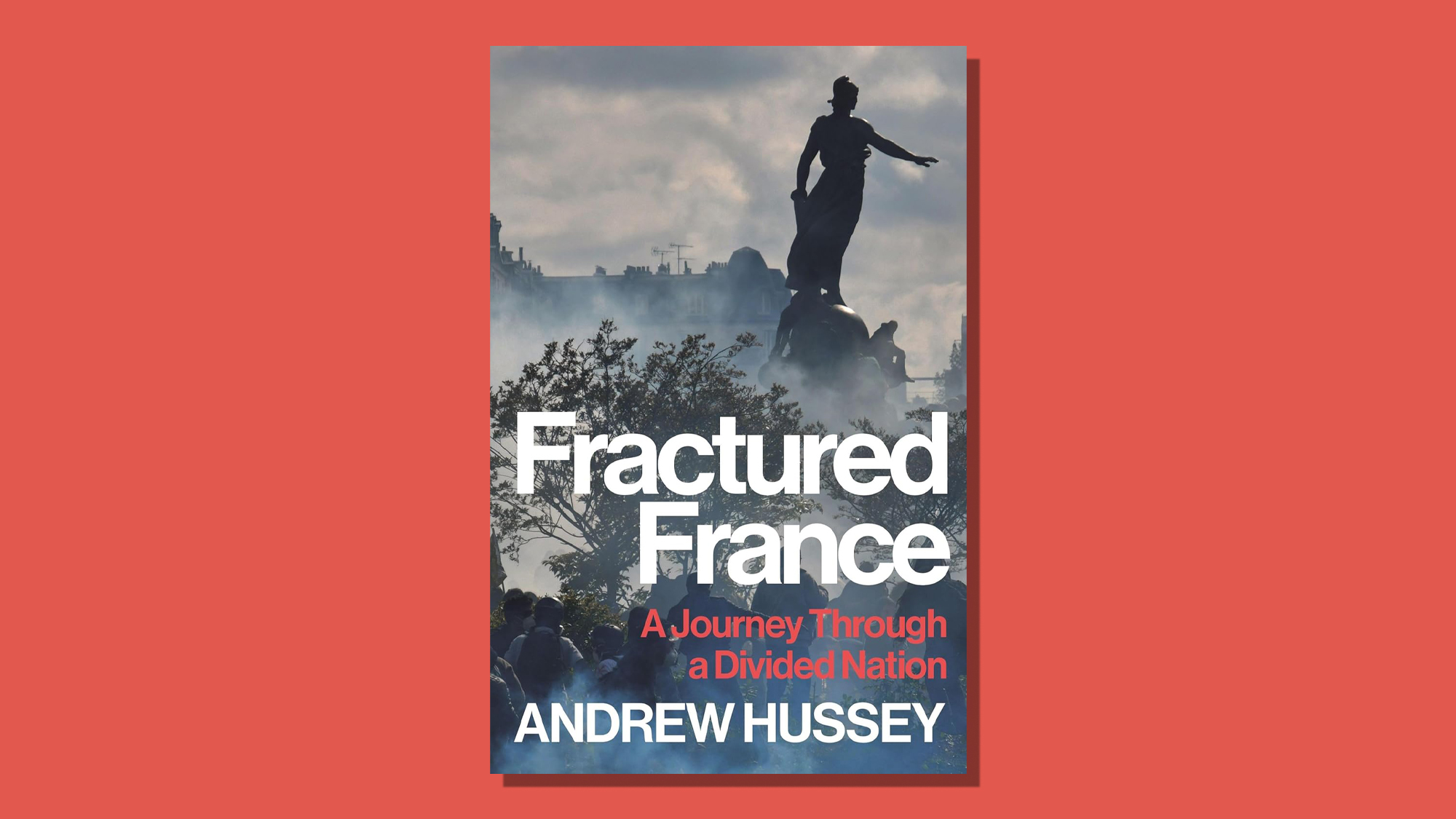 Fractured France: an ‘informative and funny’ enquiry
Fractured France: an ‘informative and funny’ enquiryThe Week Recommends Andrew Hussey's work is a blend of ‘memoir, travelogue and personal confession’
-
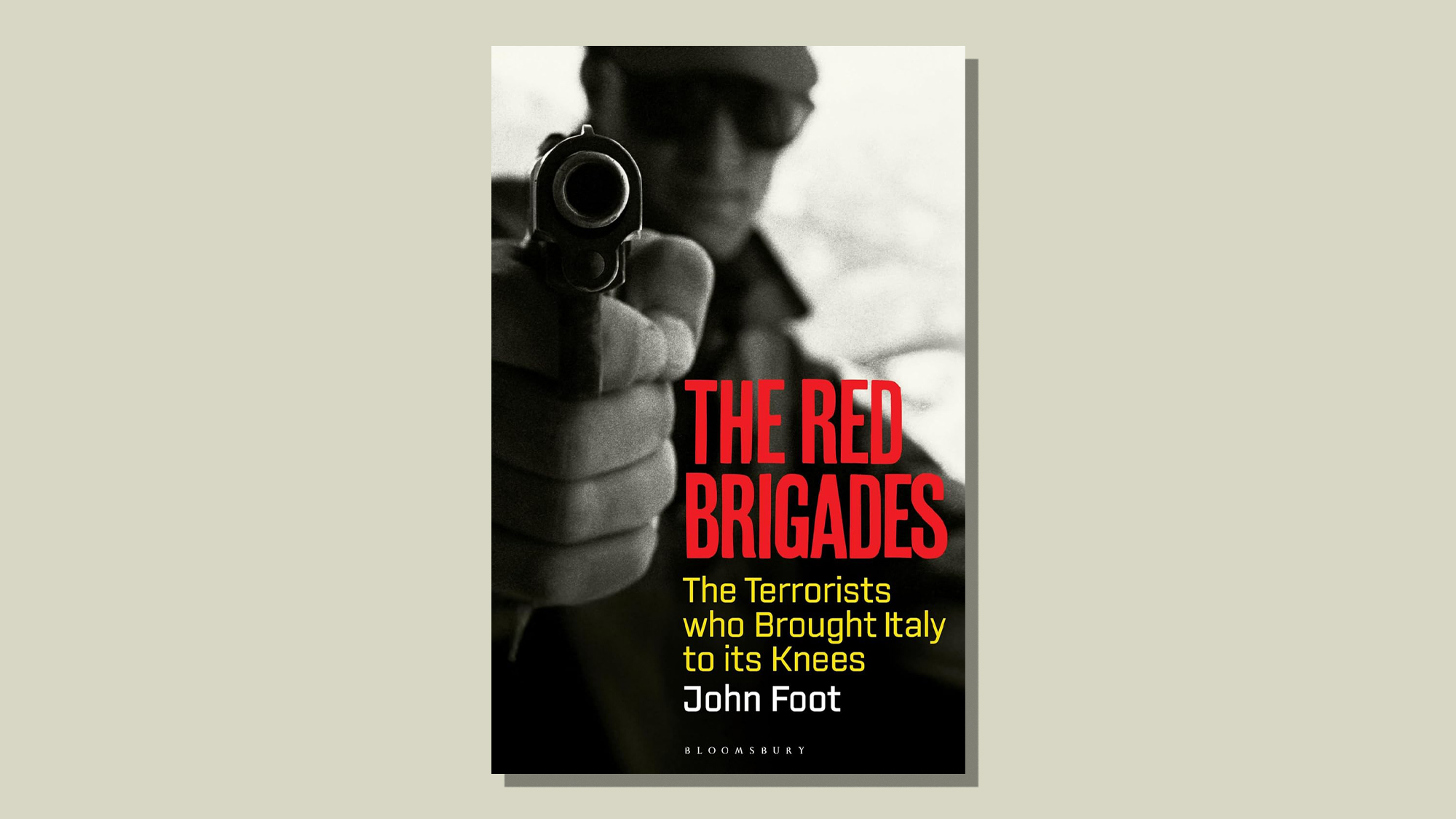 The Red Brigades: a 'fascinating insight' into the 'most feared' extremist group of 1970s Italy
The Red Brigades: a 'fascinating insight' into the 'most feared' extremist group of 1970s ItalyThe Week Recommends A 'grimly absorbing' history of the group and their attempts to overthrow the Italian state
-
 The best history books to read in 2025
The best history books to read in 2025The Week Recommends These fascinating deep-dives are perfect for history buffs
-
 Bad Friend: Tiffany Watt Smith explores why women abandon friendships
Bad Friend: Tiffany Watt Smith explores why women abandon friendshipsThe Week Recommends A 'deeply researched' account of female friendship through history
-
 Spotify Wrapped: a slave to the algorithm?
Spotify Wrapped: a slave to the algorithm?Talking Point Some listeners aren't convinced by the streaming platform's AI features – or what they say about their music habits
-
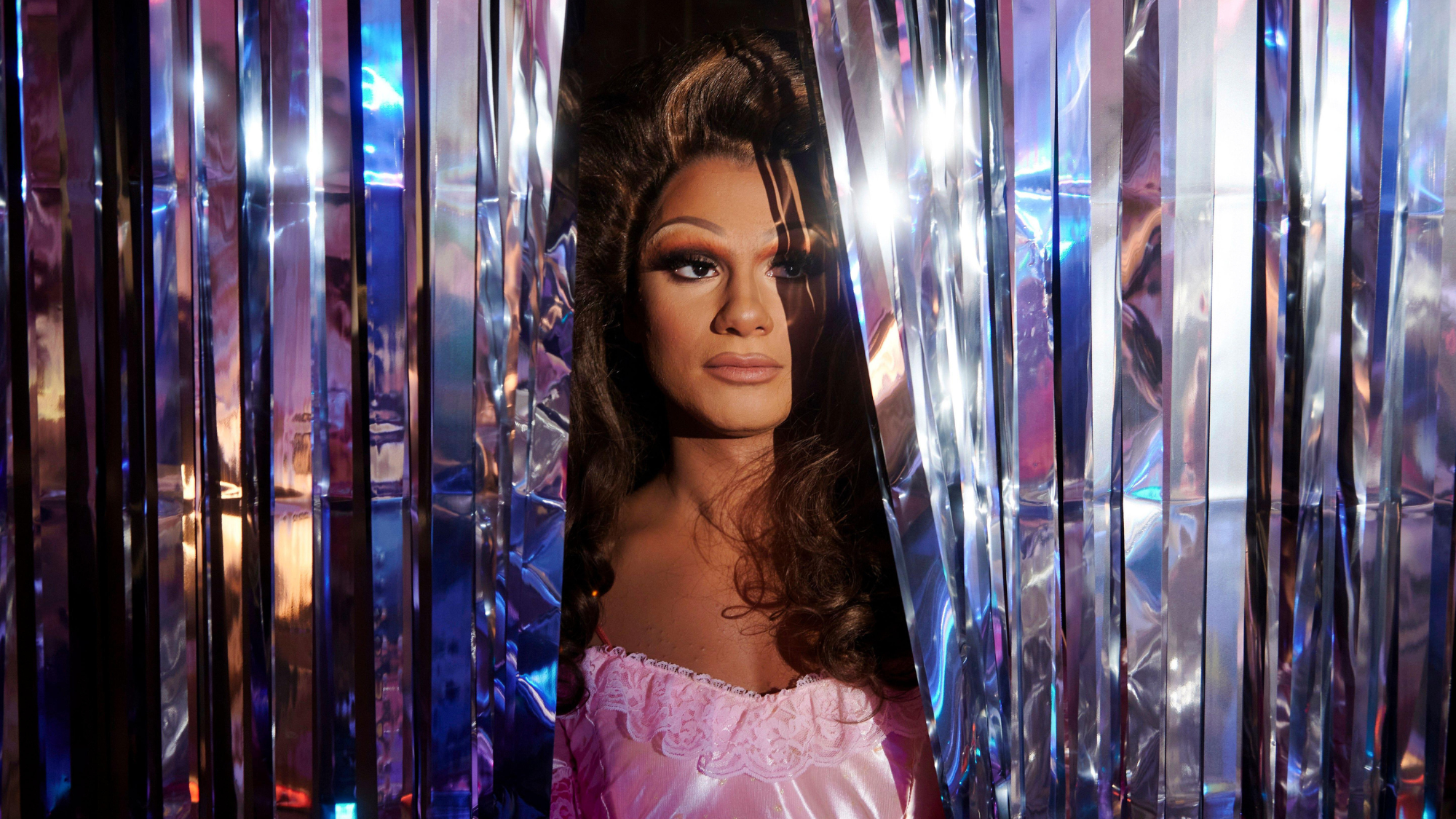 Layla: Amrou Al-Kadhi's queer love story splits critics
Layla: Amrou Al-Kadhi's queer love story splits criticsTalking Point Bilal Hasna gives a 'winning performance' in starring role – but the romance feels 'bland'